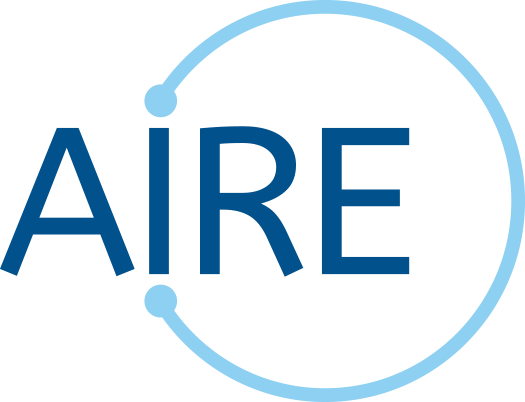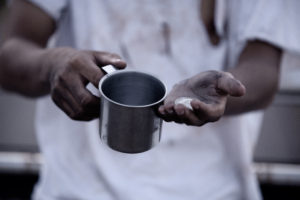“My name is Y. I’m 24 years old and I was born in Puerto La Cruz, in the state of Anzoátegui, Venezuela. Before the economic crisis, I had a normal life: I lived with my mother and sister, there was no shortage of food and I studied surgical instrumentation at a private college.
My mom was mom and dad at the same time and supported me and my sister with her restaurant. I grew up there and have helped in the kitchen since I was little. I helped not only her, but also an uncle in his supermarket and another uncle who had a funeral home.
The crisis had a huge impact on the family’s budget. Our earnings were just enough for the next day’s food.
My salary was not even enough to buy an outfit, and with the economy dollarized, it was impossible to survive.
I also had to drop out of college, as I was no longer able to pay for the course.
In November 2019 I decided to leave my family and head towards Manaus, where I have an uncle. I traveled 900 kilometers to reach Santa Helena, a city on the border with Brazil. From there, I crossed to Pacaraima in Roraima and continued another 200 kilometers to Boa Vista.
My money ended up in Boa Vista and that’s where I spent one of the worst moments of my life. The only place available to stay was an overcrowded shelter, with a precarious structure, very run-down. There was no other solution but to sleep on the street, where I faced terrible situations.
One night I was woken up by some people who invaded the place where I was sleeping, trying to hide from the police. I was very scared that the police would not be able to distinguish between me and the people they were looking for. I was frightened they would take me with them. Gladly, nothing worse happened to me.
I arrived in Manaus with the help of a pastor named Margareth. The situation in Manaus was better and I was able to find a job. But with the pandemic, the company closed its doors. I started to live in shelters and before arriving at AIRE, I lived for a month at the Manaus bus station – difficult situation that was only alleviated thanks to a Brazilian woman who helped me regularly. The only job available was at the port carrying sacks of flour. They paid R$25.00 a day, working from 6 am to 7 pm on some days. It was about 700 bags a day.
In one of the shelters I visited, I met M. and D., the first residents of AIRE. We became friends and on their recommendation I arrived at AIRE in April, and in May I got a job at a restaurant.
My dream is to be able to meet my family again. I really miss the normal daily life, the conversations. I would also like to go back to studying. I always dreamed of going to college for electrical engineering.
To my Venezuelan compatriots who are in difficulties, have faith in God, persevere and keep fighting!
Thanks to everyone who has helped me on this journey and special thanks to Alda, Nice and Pastor Pedro who have been my family here.
Y. 24 years old



